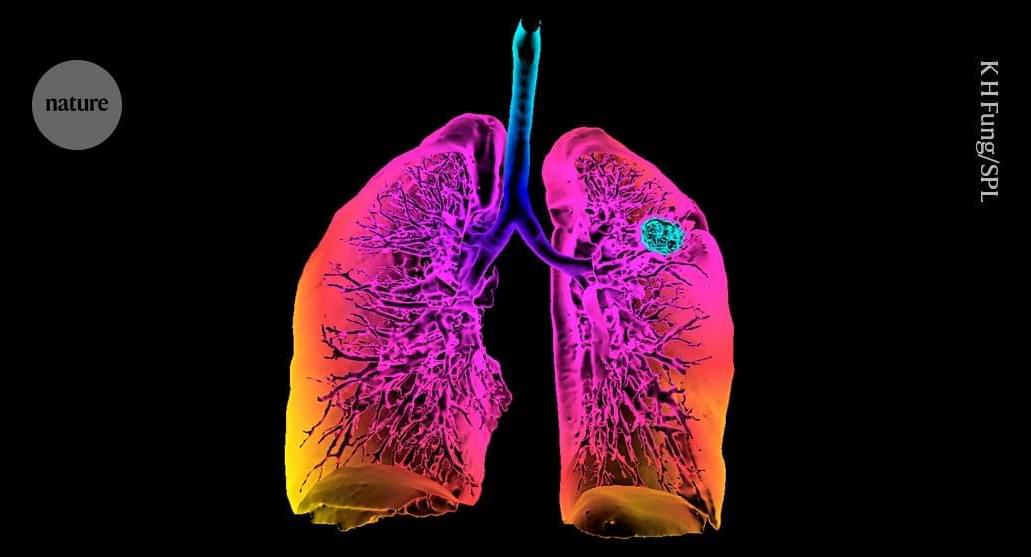Hospitals worldwide, including Germany, face a growing problem with fungal infections, with an estimated 6 million cases and 3.8 million deaths each year. According to the World Health Organization (WHO), Candida—a common fungus most people encounter at least once in life—is a top concern. While many know it from mild, superficial infections such as thrush, Candida (especially C. auris and C. albicans) can also reach the bloodstream and cause life-threatening disease.
This is increasingly happening in clinics around the world, where Candida finds an ideal target in weakened patients—after major surgery or chemotherapy, for example. Candida can also cling to medical equipment, like catheters, tubes, or prostheses, forming slimy biofilms that are highly resistant to antifungal drugs.
The European Center for Disease Prevention and Control has recently echoed the WHO in sounding the alarm and calling for better prevention, faster diagnosis, and more effective treatment.







